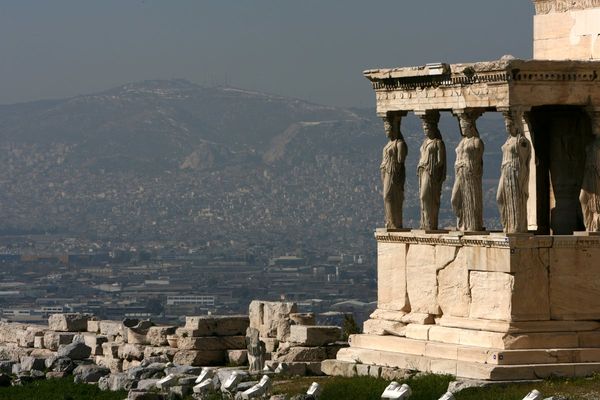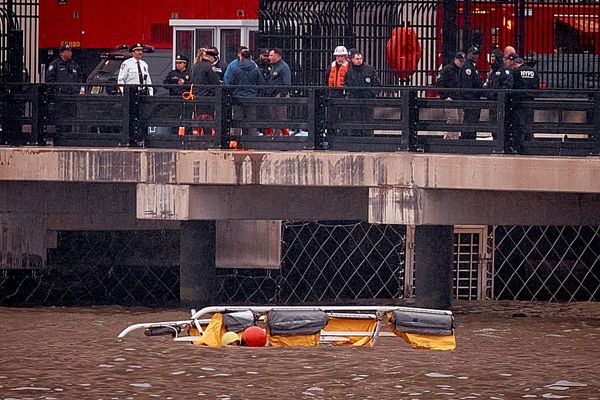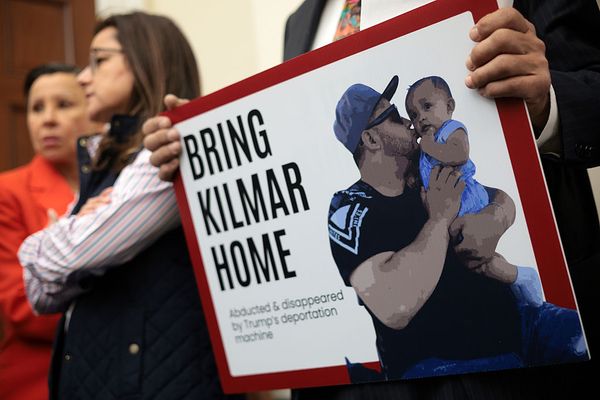Holocaust Memorial Day is a moment to remember, to reflect on the present, and to contemplate the future of universal human rights.
However, the immediate focus is always, and rightly, on the unique nature of the Holocaust, which targeted Jews for slaughter and was the culmination of millennia of antisemitism. Many others died at the hands of the Nazis, their allies, and collaborators, and they should be, and are, memorialised, but it was the Jewish people of Europe who suffered from the conscious state-sponsored perversion of modern industry, organisational techniques, and transport links to exterminate 6 million people in the so-called “Final Solution”.
Visitors to the Holocaust memorial centre at Auschwitz always remark on the sheer size of the site, and, as the largest of the concentration camps, the scene of more than a million murders, and the first to be liberated, it has come to be symbolic of this terrible episode.
One out of every six Jews killed in the Holocaust died at Auschwitz. But it was only one of 44,000 such ghettos, transit camps, factories of death, and scenes of mass murder, and the names, each chilling, also deserve to be recalled: Sobibór, Treblinka, Ravensbrück, Buchenwald, the Warsaw ghetto, Drancy, Westerbork.
On the 80th anniversary of the liberation of the Auschwitz death camp at sombre commemorations attended by international leaders, including King Charles, such truths are freely acknowledged.
There is an additional sense of poignancy now because so many of those first-hand witnesses who survived have passed away, some too frail to attend memorial events. There are fewer people around now who lived through the Shoah, and are brave enough to tell their harrowing stories, but their warnings from history are consistent and powerful – and more relevant than ever, retold more and more by their families and preserved in memoirs, documentaries, and archives, such as the Wiener HolocaustLibrary and the Yad Vashem international centre.
They are relevant because of the persistence of antisemitism, as with the atrocities of 7 October and the recrudescence of ancient anti-Jewish theories.
Sadly, recent years, as the Second World War recedes into history and memories fade, have seen a rise in racist extremism and intolerance in all its forms, perhaps most vividly in the rabid Islamophobia that has disfigured so much public debate.
This is most distressingly displayed on social media, but also in more mainstream channels and propagated by politicians and public figures who should know better.
Holocaust Memorial Day should give such leaders pause for thought about their words and actions, and remind them that language matters. Dehumanising language and attitudes towards minorities, refugees and immigrants have consequences, and, if unchecked, can lead to violence.
The racist riots that broke out in parts of England last summer after lies were spread are more than sufficient evidence of that danger.
When the richest man in the world, Elon Musk, now a member of the United States government, addresses a rally in Germany for the far-right AfD and tells them that their country should not feel guilt about the past, that is a symptom of something going very badly wrong in the world.
“Never again” is the phrase that comes to mind whenever the Holocaust is mentioned, but in the decades since the worst mass murders in history were committed, there have been too many more genocidal campaigns – in Cambodia, Rwanda, the former Yugoslavia and Darfur.
“Ethnic cleansing” is an all-too-common feature of modern warfare, not least in Sudan.
Members of the Israeli government have had charges of crimes against humanity in Gaza levelled against them at the International Criminal Court.
It is also a terrible irony, and a tragedy, that no representatives of the Russian government were invited to attend the ceremonies at Auschwitz to mark the role of their country in liberating the camp – where many Soviet prisoners of war died in horrific conditions.
President Putin’s brutal war of aggression in Ukraine, with its campaign of terror against civilians and suppression of Ukrainian national identity, is itself another crime against humanity, morally precluding his attendance.
Bizarrely, too, the current occupant of the White House appears to advocate the use of force as a legitimate weapon to achieve territorial expansion, though only as a bargaining tactic.
The same, it must be hoped, is also true of President Trump’s suggestion that he’d like to see a “clean-out” of Gaza and a million Palestinians possibly permanently and involuntarily displaced and relocated to Egypt and Jordan.
So, these are dark, worrying times. Britain’s chief rabbi, Sir Ephraim Mirvis, asks whether we are to be the generation that allows the horrors of Auschwitz to fade into oblivion.
His answer is righteous and clear: “Eighty years ago today, the gates of hell were finally opened, but true liberation is an ongoing task, a sacred duty to fight for a world in which every person’s humanity is recognised and every soul cherished … in that spirit ‘never again’ is a phrase we recite, but a promise we live.”







